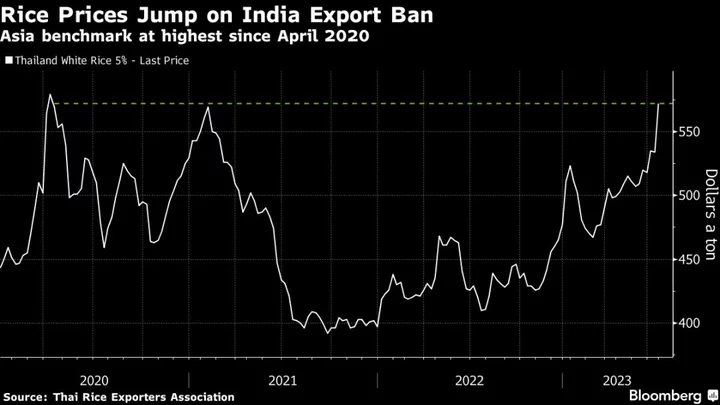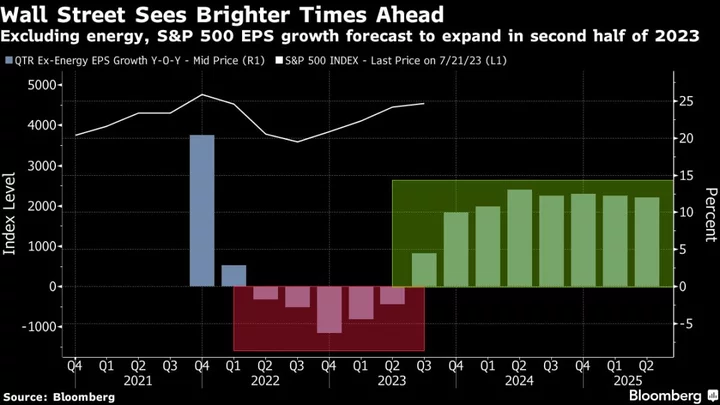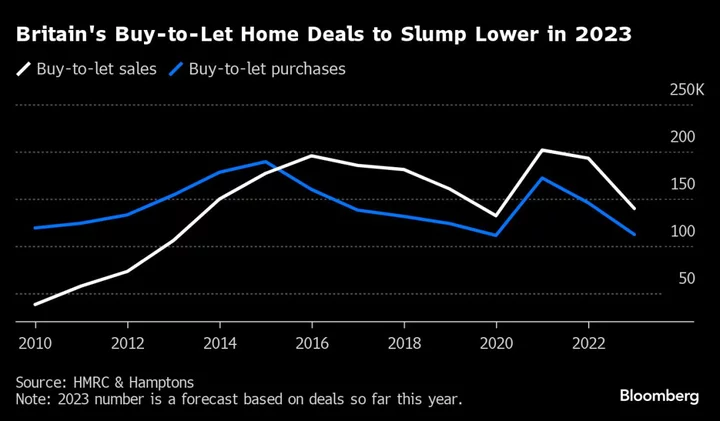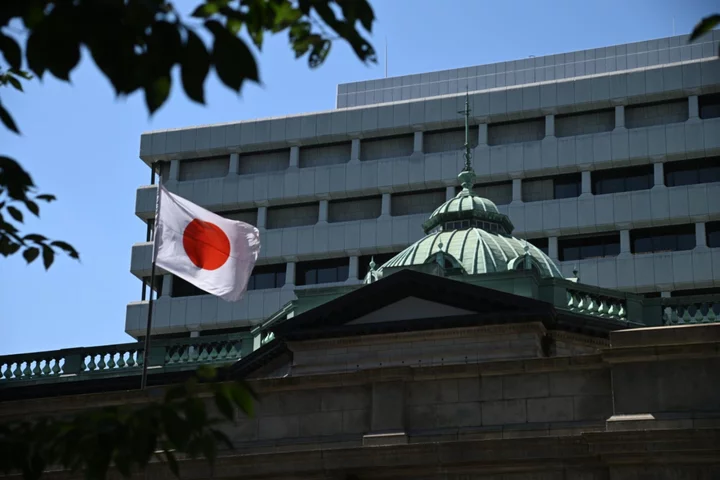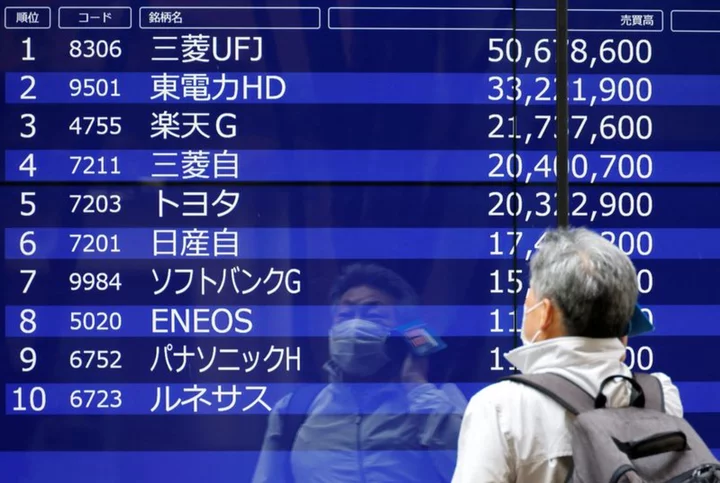Bangladesh’s central bank raised interest rates and said it will allow the currency to float freely, pledging to keep monetary policy tight to rein in inflation at a decade high.
The repurchase agreement rate will increase 50 basis points to 6.5%, Governor Abdur Rouf Talukder said at a briefing in Dhaka Sunday. The reverse repo rate was renamed the standing deposit facility and raised by 25 basis points.
Bangladesh Bank will adopt a unified and market-driven single exchange rate regime, allowing the level between the taka and the dollar or any other foreign currency to be determined by market forces, he said. From July 1, the central bank will no longer sell any forex at a discounted rate.
The central bank “will adopt a tight monetary policy” for the first half of the new fiscal year starting July, he said.
“This approach provides utmost priority to containing inflation to the desired level while ensuring the necessary flow of funds to productive and employment-generating sectors to support the targeted economic growth of 7.5% for FY24,” the central bank said in a statement.
Inflationary pressures have stemmed from pandemic-related spending, soaring commodity prices and the weaker taka currency. Consumer prices rose 9.94% in May, overshooting the average inflation target of 6%.
Bangladesh’s economic growth target for the next fiscal year compares with the government’s 6.03% growth estimate for the year ending June 30, led by a “deceleration” in industries, services and agriculture.
Bangladesh Plans Higher Taxes in Budget in IMF Reforms Test
Authorities have raised electricity prices three times this year to comply with an International Monetary Fund condition to cut subsidies. The central bank brought more flexibility to the dollar-taka exchange rate and narrowed the gap between different exchange rates over inward remittances and export proceeds.
The market-driven exchange rate regime will provide “greater transparency and efficiency in foreign exchange transactions, benefiting businesses, individuals and the economy,” the central bank said Sunday, adding it doesn’t see any major depreciation of the taka.
Last month, Moody’s Investors Service downgraded Bangladesh’s ratings to B1 from Ba3 as the economy weakened amid “heightened external vulnerability and liquidity risks.” The governor dismissed the action, saying there will be limited impact because the country hasn’t issued sovereign bonds.
Bangladesh Bank also introduced a market-driven reference lending rate for all types of bank loans, replacing the three-year-old lending rate cap.
The reference lending rate, which is the six-month moving average of treasury bills, will be announced monthly through the central bank website with a margin for banks and non-bank financial institutions.


